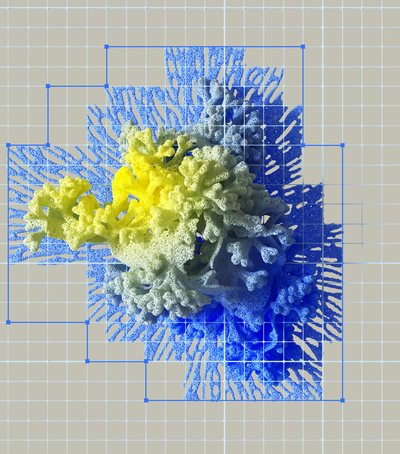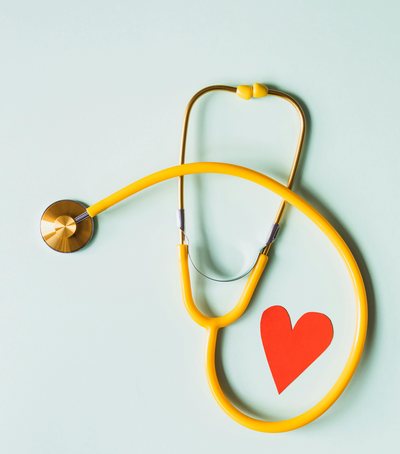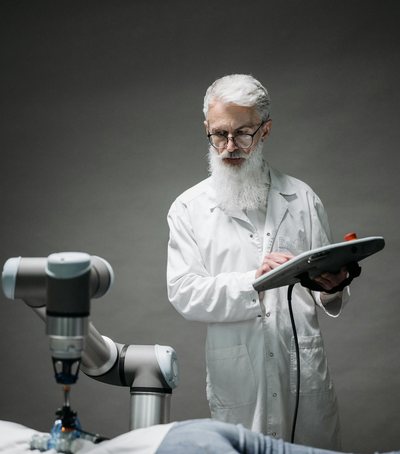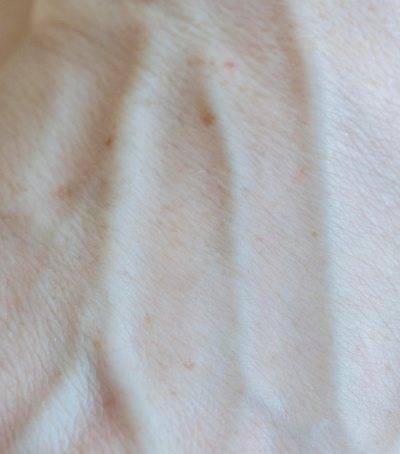
For decades, certain diagnoses have had the ring of doom: Alzheimer's, diabetes, cancer. But today, thanks to extraordinary advances in biology, genetics, and artificial intelligence, science is changing its language. We no longer speak of "incurable diseases," but of challenges that can and must be solved.
From symptoms to cause – the era of genetic treatments
Instead of just fighting symptoms, new treatments are going straight to the source of disease – the genes. Technologies like CRISPR-Cas9 allow for the correction of mutations that cause inherited diseases, while RNA-based therapies are helping to prevent the formation of harmful proteins in the brain and cells.
In labs around the world, scientists are managing to “repair” damaged DNA as if it were a computer program. This is the medicine of the future – not to curb disease, but to reprint it from the source.
New hope for Alzheimer's
For the first time, several experimental drugs are showing results in slowing memory loss and clearing amyloid bodies, which are associated with the destruction of nerve cells. Treatments that interfere with the brain's inflammatory pathways are showing that Alzheimer's is not the end, but a process that can be stopped.
Combining these drugs with advanced imaging technology and artificial intelligence helps doctors diagnose the disease years before symptoms appear.
Diabetes and the “artificial pancreas”
In the field of diabetes, science is moving ever closer to replacing the function of the pancreas. Devices called artificial pancreases automatically monitor glucose levels and release insulin in a controlled manner – allowing patients to live fearlessly from day to day.
At the same time, stem cells that produce natural insulin are being tested, an approach that could lead to the ultimate cure for type 1 diabetes.
Cancer – from invisible enemy to manageable disease
Thanks to immunotherapy, which activates the immune system to recognize and destroy cancer cells, many types of tumors are becoming manageable chronic diseases. Personalized therapies, based on the genetic profile of the tumor, are achieving amazing results, targeting only diseased cells and sparing healthy ones.
In some cases, thanks to the combination of precision medicine and artificial intelligence, the prognosis is being reversed – from “months of life” to “years of hope ahead.”
From individual hope to global revolution
The fight against difficult diseases is no longer a lost battle. It is a story of human progress, where biology, technology and ethics come together to restore the dignity of the patient and expand the boundaries of life.
In every laboratory, every regenerated cell is a reminder that hope is no longer a metaphor – it is science in action.
In the end, we may not yet be at the end of disease, but we are closer than ever to the beginning of the era of healing. And this is perhaps the greatest achievement that humanity can give itself: to turn pain into knowledge and knowledge into life.
Photo by Pavel Danilyuk: https://www.pexels.com/photo/an-elderly-man-looking-at-a-photo-album-8057029/





